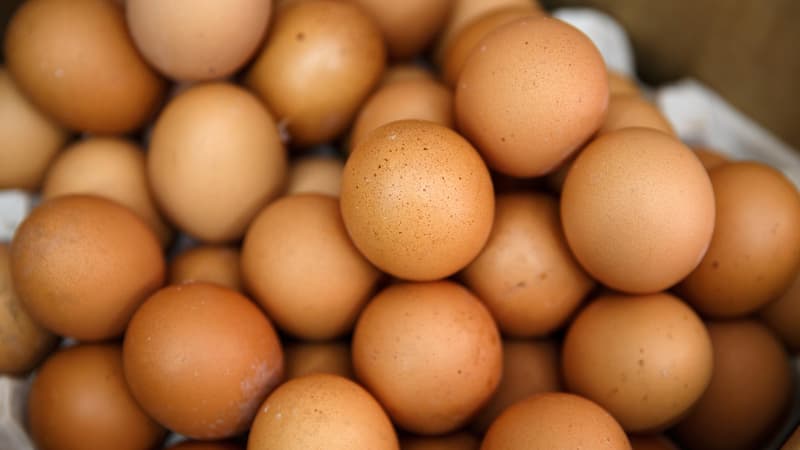There is no shortage of eggs, but the shelves are less crowded than usual. As a result of the return of avian flu, poultry farmers are finding it difficult to supply supermarkets. According to panelist NielsenIQ, the egg breakage rate in supermarkets increased to 8.8% in November and even rose to 12% in the last week. The national union of industrialists and egg professionals (Snipo) had already alerted last October about “the critical situation” of the egg market.
The resurgence of bird flu is disrupting the industry, already hard hit by the fall 2021 and spring 2022 episodes during which 20 million birds were culled. The virus returned much earlier than expected, already in August on some farms, and more than 770,000 birds have already been culled since the summer – the risk level has gone from “moderate” to “high” throughout the metropolitan territory due to the Department of agriculture.
+16.23% inflation in one year
Fewer eggs on the shelves and more expensive eggs: In addition to bird flu, poultry farmers are also dealing with rising production costs. Animal feed, which represents 60% of the cost price of an egg, has risen considerably in recent months. To which must be added energy to heat buildings, fuel for trucks and even cardboard packaging. According to NielsenIQ, the price of eggs sold in supermarkets increased by 16.23% in one year.
Source: BFM TV


